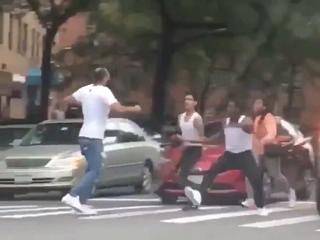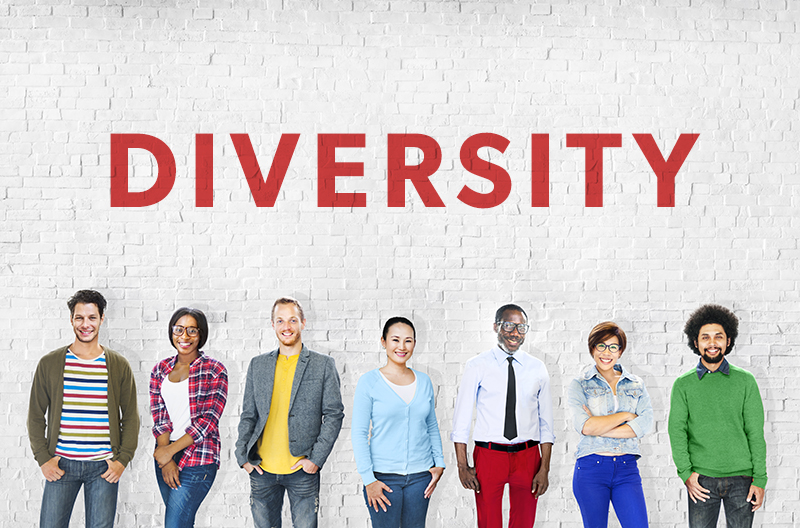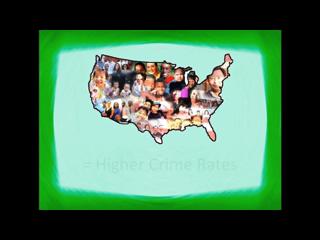Neil Oliver – “Civilization of the sort we have had here in the west, in these British Isles, is a brittle veneer, a thin blanket between us and the cold reality of the world and its history. A place like this where we have relative peace, equality and tolerance of difference is not in the… Continue reading Aug 2021. The Need to Protect our Culture
Tag: Equality
Problems with Diversity Part 92
The Native American headdress is another victim of the cultural appropriation police. Singer Ellie Goulding was accused of racism after tweeting a picture of herself wearing one. ‘Don’t mock a dying race, you insensitive and ignorant excuse of a person,’ screeched one virtue-signalling critic. David Beckham’s son Brooklyn was the target of similar howls of… Continue reading Problems with Diversity Part 92
Problems with Diversity Part 91
Mother is a word that’s far too old-fashioned in our modern world where there is sensitivity about transgenderism. The British Medical Association some time ago advised members that mothers-to-be should be referred to as ‘pregnant people’ to avoid offence and ‘celebrate diversity’. Another previously innocuous M-word frowned upon by the PC brigade is ‘man’: censors… Continue reading Problems with Diversity Part 91
Problems with Diversity Part 90
‘Lame’is a word deemed offensive by some disability campaigners, particularly when used in the sense of being ‘ineffectual’ or ‘unappealing’. According to the ‘Ableist Word Profile’ (an online guide that ‘explores a variety of feminist issues through a disability lens’), use of the word ‘lame’ is ‘pejorative’ as it ‘reinforces ableism in our culture by… Continue reading Problems with Diversity Part 90
Problems with Diversity Part 89
Some Scots have suggested any non-Scot who wears the kilt is guilty of cultural appropriation — particularly considering England’s long history of ‘oppression’ against its northern neighbour. ‘Scottish Gaelic culture has been subject to rampant cultural appropriation for centuries as a result of its subordination to Anglophone culture in an Anglo-centric British Empire,’ laments Michael… Continue reading Problems with Diversity Part 89
Problems with Diversity Part 88
This traditional Caribbean dish became a recipe for a race row when chefs at Pembroke College, Cambridge, were ordered to rethink the menu after ethnic minority students complained that the ‘Jamaican Stew’ — as well as other dishes including ‘Tunisian Rice’ — constituted ‘micro-aggressions’ against them, since such offerings did not properly represent the foods… Continue reading Problems with Diversity Part 88
Jun 2021. The Stonewall Crisis
How things have changed. Today, many lesbian, gay and bisexual people feel bitterly let down by the charity they once trusted. Stonewall stands accused of campaigning against women’s rights as defined in the Equality Act, and of bullying those with whom it disagrees out of jobs. More troubling still, many homosexual and bisexual people feel… Continue reading Jun 2021. The Stonewall Crisis
Problems with Diversity Part 87
H is for Hate Speech. Any view that departs from the social justice agenda is at risk of being seen as ‘hate speech’. Home Secretary Amber Rudd’s speech to last year’s Tory party conference was reported to police as a ‘hate crime’ by Left-wing Oxford professor Joshua Silver. The speech — which the academic later… Continue reading Problems with Diversity Part 87
Problems with Diversity Part 86
G is for ‘girls’. A sexist word according to Cardiff Metropolitan University, which said that it should never be used about adult women, as it is a way of belittling them. G is also for ‘genius’. One of the words that Lucy Delap, a lecturer in British history at Cambridge, says should be discouraged as… Continue reading Problems with Diversity Part 86
Problems with Diversity Part 85
F is also for ‘forefathers’. A word that Cardiff Metropolitan University’s code of practice states is sexist (because it includes the gender-exclusive ‘fathers’) and should be replaced by ‘ancestors’ or ‘forebears’. The code lists 34 words and phrases to be avoided as part of efforts to ‘embrace cultural diversity’. https://vk.com/video503532632_456240858 [user-submitted-posts]









